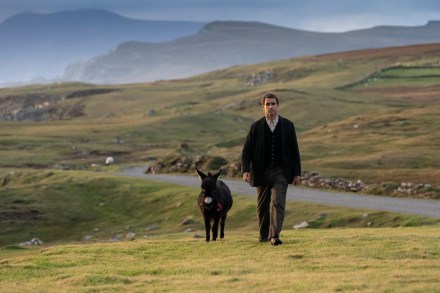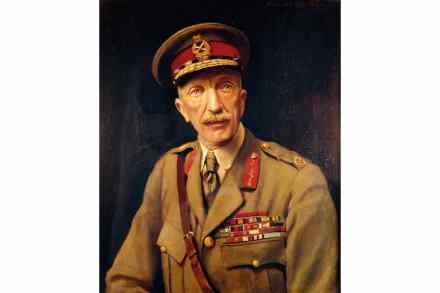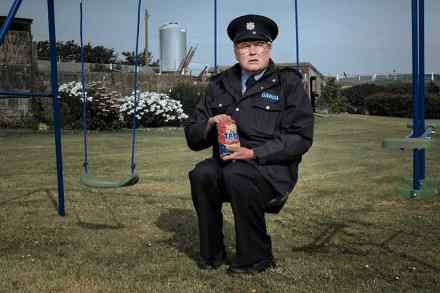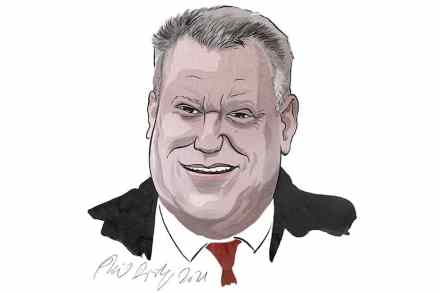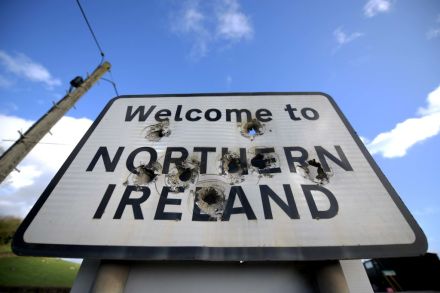Barbie Kardashian and Ireland’s trans madness
Why are politicians so incapable of answering basic questions about biology? Yesterday it was Taoiseach Leo Varadkar’s turn. A journalist asked him a yes or no question: ‘Do you believe that Barbie Kardashian is a woman?’ Barbie Kardashian, whose birth name was Gabrielle Alejandro Gentile, is a violent man who identifies as a woman. Last week he was sentenced to five-and-a-half years in jail – a women’s jail – for threatening to torture, rape and murder his own mother. He is, as the journalist who cornered Varadkar put it, ‘a violent biological male with a penis’. So what was Varadkar’s answer to this easiest of questions? This was a straightforward query


